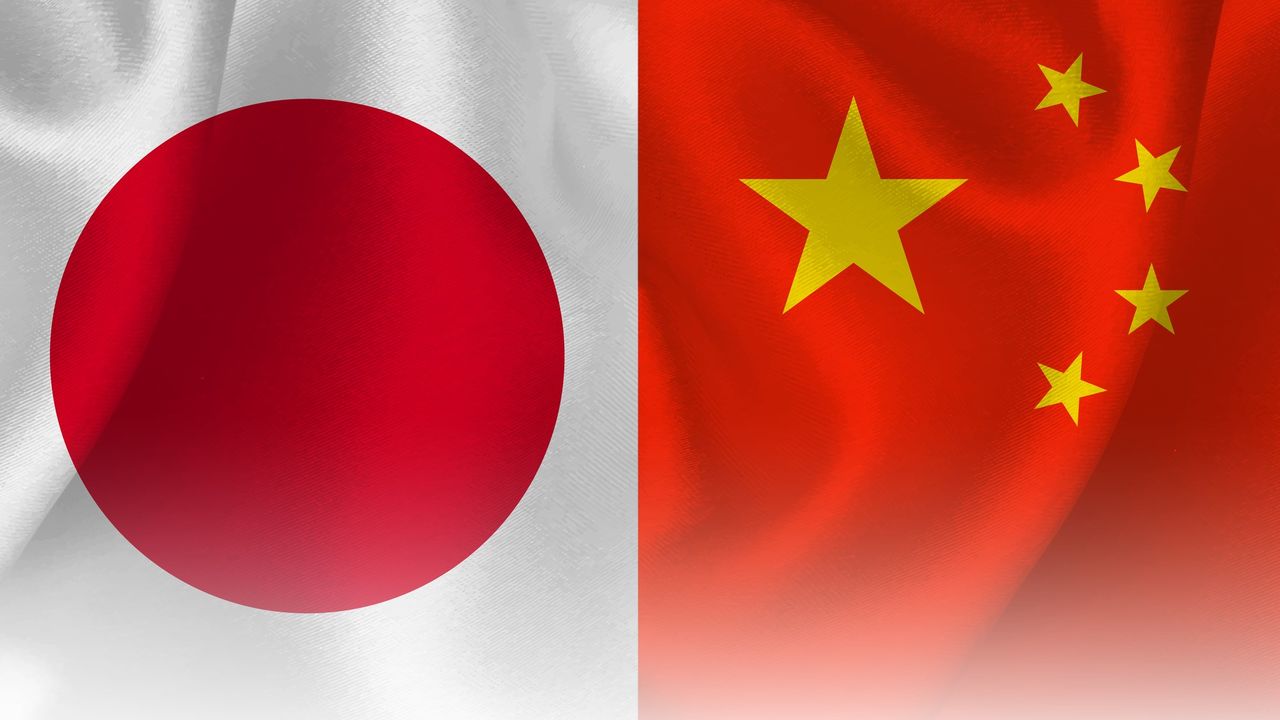China Issues Travel Warning to Citizens Amid Rising Tensions with Japan Over Taiwan

China has issued a warning to its citizens about traveling to Japan, amid increasing diplomatic tensions spurred by comments from Japanese Prime Minister Sanae Takaichi regarding Taiwan.
Takaichi, who became Japan's first female prime minister last month, stated in parliament on November 7 that Tokyo might respond militarily to any force used against the self-governing island, which Beijing claims as part of its territory.
Following these remarks, Beijing and Tokyo exchanged sharp criticisms; China summoned the Japanese ambassador to express its protest, while Japan called in the Chinese ambassador after a Chinese consul in Osaka posted a controversial message online, which was later removed.
While Takaichi’s statements have been interpreted as a potential signal of Japanese military intervention should Taiwan be attacked by China, the Japanese government emphasized that its stance on the island remains unchanged, reaffirming its commitment to the 1972 joint declaration that established bilateral relations and acknowledged the policy of "One China".
Later on Friday, the Chinese embassy in Tokyo issued a warning via the "WeChat" app stating: "Recent provocative statements by Japanese leaders regarding Taiwan severely harm the atmosphere of exchanges between the two peoples."
The statement added that the current situation poses "serious risks to the personal safety and lives of Chinese citizens in Japan," urging: "The Ministry of Foreign Affairs and the Chinese embassy and consulates in Japan officially remind Chinese citizens to avoid traveling to Japan in the near future."
Beijing maintains that Taiwan, which was under Japanese occupation until 1945, is part of its territory and does not rule out the use of force to assert control. Despite being major trading partners, historical mistrust, regional competition, and military spending continue to challenge the stability of their relations.
Last week, Takaichi clarified that any armed attack on Taiwan could justify the deployment of Japanese troops to support the island under the framework of "collective defense" as outlined by a law enacted in 2015. She stated in parliament: "This could constitute a situation threatening Japan's existence, however one might consider it."
Despite the crisis triggered by her comments, the Prime Minister asserted she has no intention of retracting her statements, emphasizing that her position aligns with Tokyo's traditional policy, though she indicated she would refrain from referencing specific scenarios in the future.
In contrast to her predecessors who adopted a policy of "strategic ambiguity" regarding Taiwan, Takaichi is known for her firm stance towards Beijing and her calls for enhancing Japan's military capabilities in the Asia-Pacific region. She recently visited Taiwan and met with its representatives during the Asia-Pacific Economic Cooperation (APEC) summit in South Korea two weeks ago, where she also met Chinese President Xi Jinping on the sidelines of the summit.
